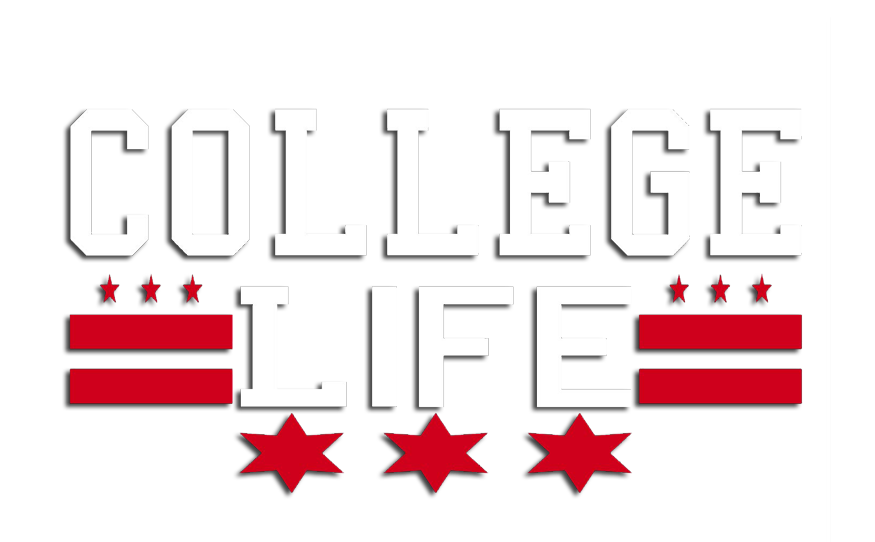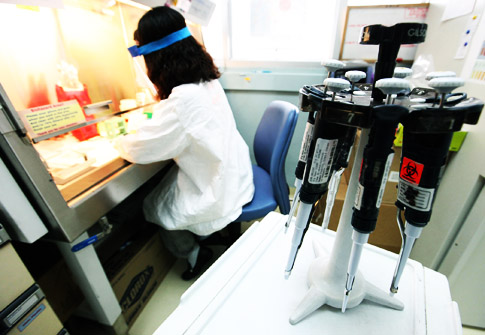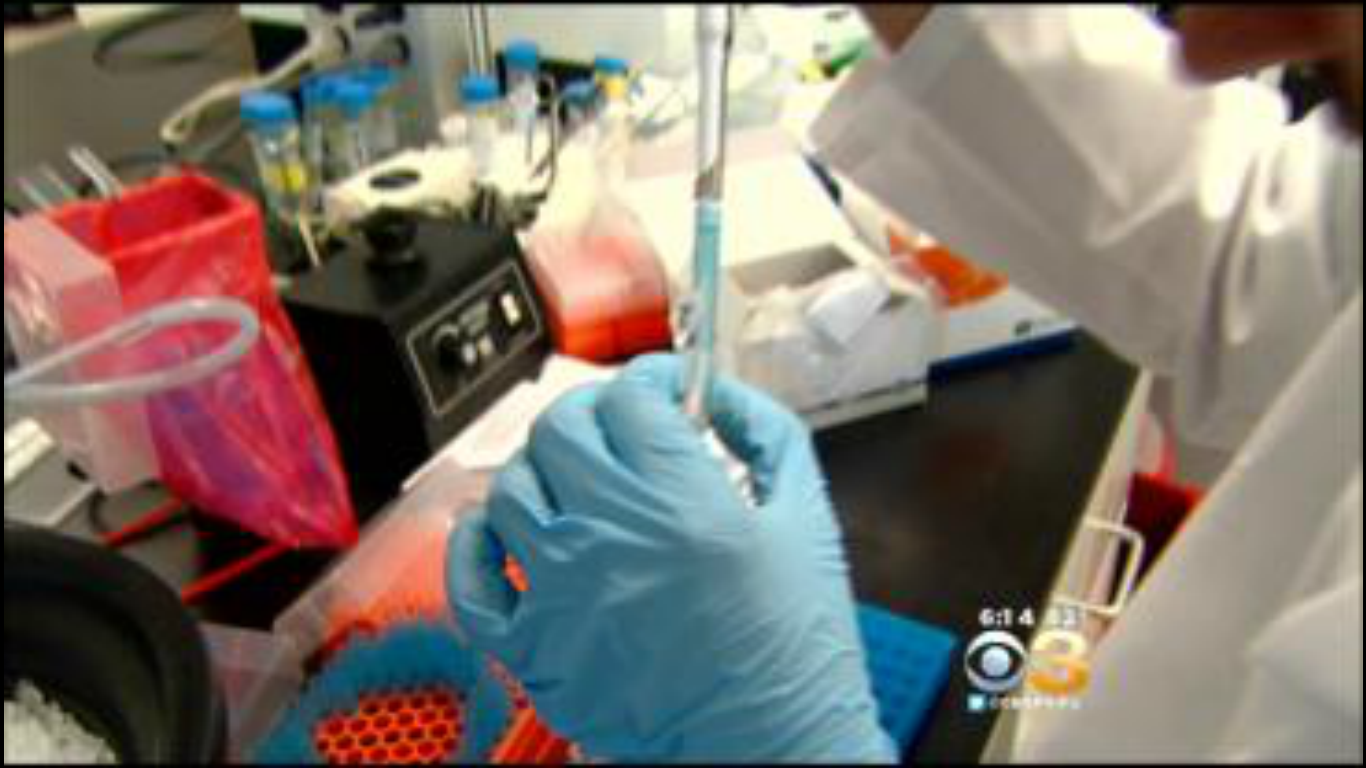Since a 2009 clinical trial in Thailand showed that it was possible to prevent HIV infection in humans, new discoveries have been made that could permanently prevent AIDS. Scientists believe that a licensed vaccine is within reach to prevent AIDS.
Over 34 million people are infected with HIV worldwide, with 2.7 million new infections in 2010.
The HIV virus is one of the hardest to attack because it has many different strains. “The virus is far more crafty than we ever thought,” said Haynes, who will outline progress in vaccine research at the International AIDS Society’s 2012 conference being held in Washington from July 22-27.
With recent advances in preventative drugs, new infections have fallen by 21 percent since 1997.
Research teams have been developing vaccines for nearly three decades, but it wasn’t until RV144 — the 2009 clinical trial of over 16,000 adults in Thailand — that researchers achieved some success.
The study tested Sanofi’s ALVAC, a weakened canary pox virus used to sneak three HIV genes into the body, and AIDSVAX, a vaccine originally made by Roche Holding’s Genentech that carried an HIV surface protein.
Both vaccines did not do well in individual trials, but the final results of the study revealed that the vaccine combination cut HIV infections by 31.2 percent.
The study found that people who were vaccinated made antibodies to a specific region of the virus’s outer coat, revealing that the region may provide a vaccine target.
Preparations are being made for a follow-up trial testing more advanced versions of the vaccines among heterosexuals in South Africa and homosexual men in Thailand.
The trial will use a Sanofi vaccine, as well as a new vaccine candidate with a boosting agent from Novartis.
One researcher, Michael, said that it has been difficult securing new research partners and funding, as well as support from host countries and getting Novartis and Sanofi to work together.
“We’re really working as fast as we can,” said Michael, who expects large-scale effectiveness studies to start in 2016.
The goal is to have at least 50 percent effectiveness. Michael believes that this could be the pathway to getting the first HIV vaccine licensed by 2019.
Michael’s team is also developing a vaccine with Harvard University and Johnson & Johnson’s Crucell unit, which uses weakened versions of a common cold virus and a smallpox virus.
A study published in February showed this vaccine protected monkeys from a virulent strain of HIV. Animals that did become infected after repeated exposure also had low levels of virus in their blood. Studies in humans are beginning.
This month, NIAID will spend up to $186 million over the next seven years to fund the Centers for HIV/AIDS Vaccine Immunology & Immunogen Discovery. The consortium will focus on creating vaccines that induce protective antibodies.
Source: Elite.































